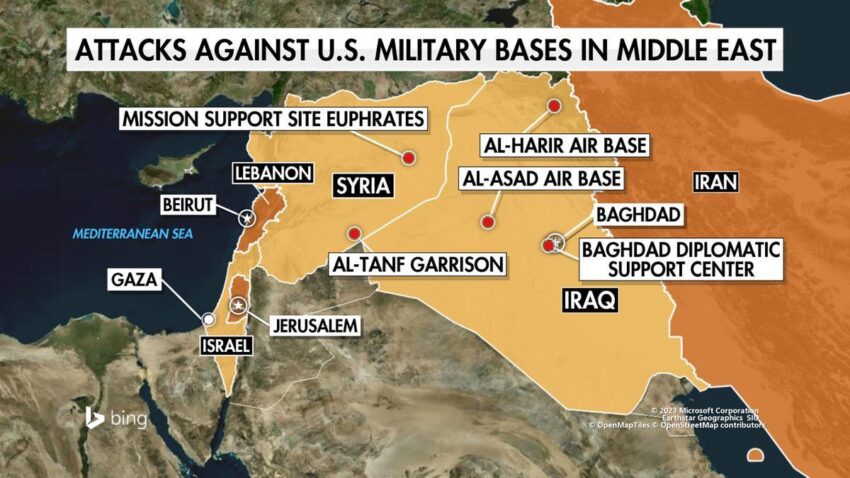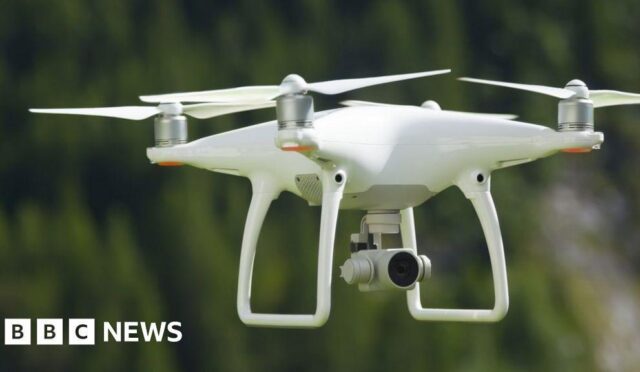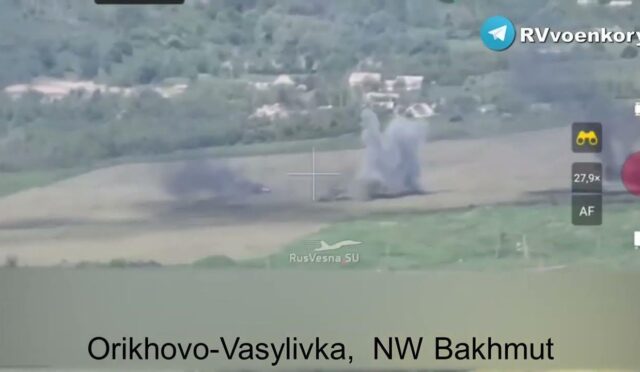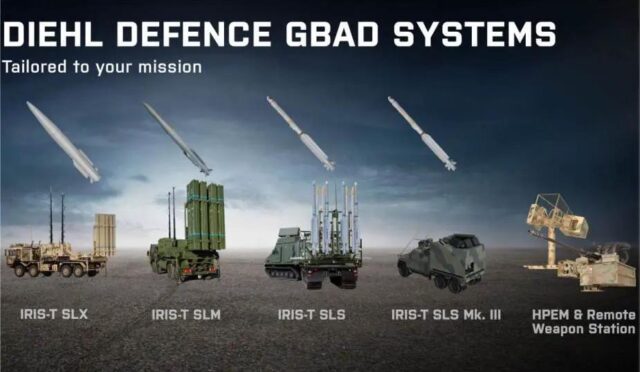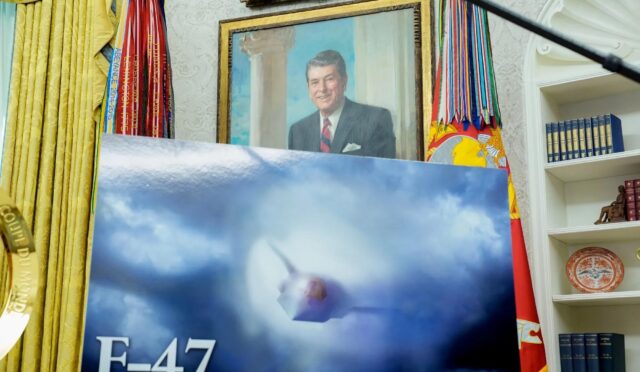Drone Attacks Target Oil Production in Kurdistan
Explosive-laden drones struck three oil fields in the Kurdistan region of Iraq on Wednesday, according to Kurdish authorities. This incident follows a previous attack that disrupted operations at a field managed by US interests. DNO ASA, a Norwegian company, reported that production in two of its fields has been suspended as a precaution.
Over the past few weeks, the Kurdistan region has faced an uptick in drone attacks that remain unclaimed. These incidents take place against a backdrop of rising tensions between the regional government in Erbil and the federal government in Baghdad concerning oil exports. Disturbingly, five oil fields have reportedly come under attack in just the last week.
Significant Damage and Terrorism Condemnation
The Kurdistan Ministry of Natural Resources has condemned these assaults, labeling them as acts of terrorism that have caused “significant damage” to critical infrastructure. The ongoing violence has raised alarms regarding the stability of oil production, which is vital to the region’s economy.
Kurdistan’s counterterrorism units reported that two drone attacks precisely targeted the Peshkabir oil field operated by DNO around 6:00 am and 6:15 am local time. A subsequent drone strike occurred at approximately 7:00 am on the Tawke field, also run by DNO, further complicating the company’s operational stability.
Operations Halted Amid Damage Assessment
Following the drone attacks, DNO announced an immediate halt to operations as they began assessing damage. The drone strikes were noted to have involved an explosion near a small storage tank at the Tawke field and damage to processing equipment at Peshkabir.
At 7:14 am, another drone targeted a field operated by Hunt Oil in Dohuk province, but fortunately, no casualties or damage were reported. Despite the series of attacks, no group has taken responsibility, prompting the Baghdad government to initiate an investigation into the incidents.
Broader Context of Attacks and Investigations
A previous drone strike on Tuesday caused the US company HKN Energy to suspend its operations in the Sarsang field in Dohuk province. The pattern continued as another two drones struck the Khurmala field on Monday, while an additional drone was intercepted near the Arbil airport.
Political figures connected with the Kurdish authorities have pointed fingers at Iran-aligned groups as the perpetrators of these attacks, although concrete evidence has yet to be presented. The series of drone strikes occur within a highly charged political climate, as disputes regarding the distribution of export revenues from the lucrative Kurdish oil fields continue to fuel tensions between Erbil and Baghdad.
Impact on Oil Exports and Future Stability
The legal and technical hurdles have left the pipeline for oil exports to Turkey unused since 2023, exacerbating the financial challenges facing Kurdistan’s government. These recent assaults only underline the fragile security situation in the region and its implications for energy security.
As authorities respond to these developments, the hope is to restore stability and ensure the safety of oil infrastructure vital for the regions’ economic well-being. The Kurdish regional government continues to emphasize the need for cooperation with Baghdad to navigate these tumultuous times.
